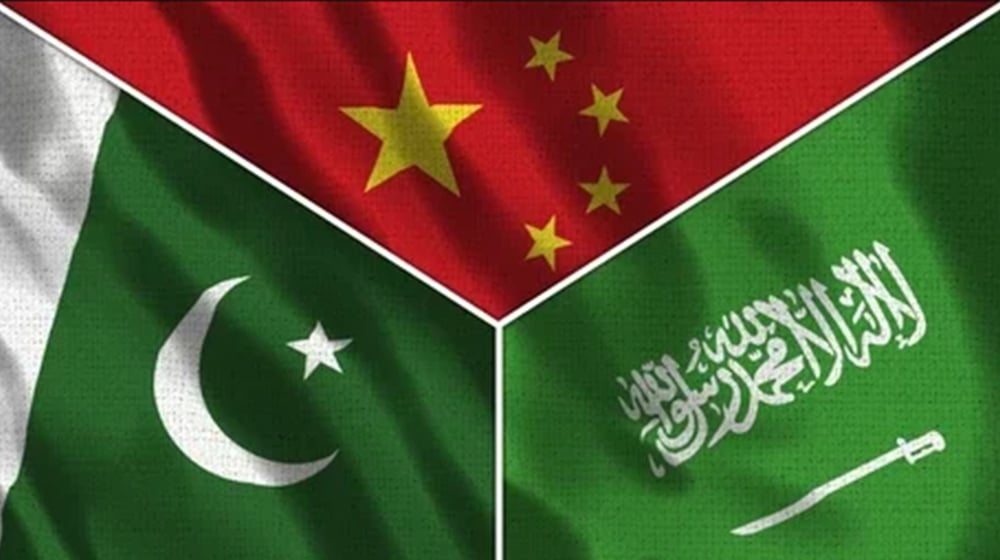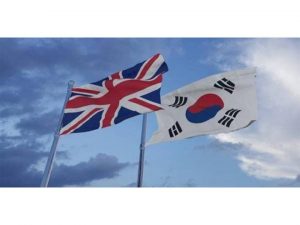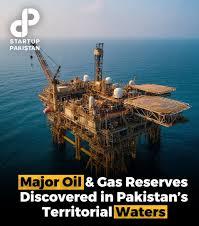Pakistan’s economic stability to ‘improve’ after debt rollovers from Saudi Arabia, UAE, and China, experts say
3 min read
Pakistan’s economic stability is expected to improve significantly after securing debt rollovers from Saudi Arabia, UAE, and China. These rollovers are crucial for Pakistan’s financial health, providing much-needed relief from immediate debt repayment pressures. Experts believe this move will enhance investor confidence and stabilize the country’s economic outlook. Debt rollovers involve extending the repayment period of existing loans, easing the financial burden on the borrowing country. For Pakistan, this means a temporary reprieve from the looming threat of default and financial instability. The commitments from Saudi Arabia, UAE, and China are particularly significant given their substantial economic influence and strategic partnerships with Pakistan. Saudi Arabia has been a long-standing ally of Pakistan, providing financial assistance during critical times. The recent debt rollover from Saudi Arabia underscores the strong bilateral ties and mutual economic interests between the two nations. Pakistan’s economic stability improve after debt rollovers Saudi Arabia UAE China experts say this support is expected to bolster Pakistan’s foreign exchange reserves, which have been under severe strain. Similarly, the UAE’s commitment to rollover its debt is a testament to the robust economic relationship between the two countries. The UAE has been a key trading partner and investor in Pakistan, contributing to various sectors including real estate, energy, and infrastructure. The debt rollover will help maintain this economic partnership and support Pakistan’s economic recovery efforts. China, Pakistan’s all-weather friend, has also played a pivotal role in providing financial support. The China-Pakistan Economic Corridor (CPEC) is a flagship project that has significantly contributed to Pakistan’s infrastructure development. The debt rollover from China is expected to further strengthen this strategic partnership and ensure the continuity of ongoing projects under CPEC. Experts highlight that these debt rollovers will pave the way for Pakistan to secure additional financial assistance from international institutions. The International Monetary Fund (IMF) has been closely monitoring Pakistan’s economic situation and has indicated potential support contingent on securing bilateral financing commitments. The debt rollovers from Saudi Arabia, UAE, and China are likely to fulfill this requirement, enabling Pakistan to access further IMF assistance. An improved economic outlook will also positively impact Pakistan’s credit rating, which has been under pressure due to high debt levels and economic challenges. A better credit rating will reduce borrowing costs for Pakistan, making it easier to raise funds from international capital markets. This will provide the government with the necessary resources to implement key economic reforms and development projects. The debt rollovers are expected to stabilize the Pakistani rupee, which has experienced significant depreciation against major currencies. A stable currency will help control inflation, which has been a major concern for the Pakistani economy. Lower inflation will improve the purchasing power of the population and support economic growth. Moreover, the debt rollovers will provide the government with fiscal space to focus on critical areas such as healthcare, education, and social welfare. These sectors have been underfunded due to the financial constraints imposed by high debt servicing costs. With reduced debt repayment pressures, the government can allocate more resources to these essential services, improving the overall quality of life for the citizens. The business community in Pakistan has welcomed the debt rollovers, viewing them as a positive step towards economic stability. Business leaders believe that a stable economic environment will encourage investment and boost economic activity. You can read more Here. This, in turn, will create job opportunities and contribute to poverty alleviation. However, experts caution that debt rollovers are a temporary solution and not a substitute for comprehensive economic reforms. Pakistan needs to address structural issues such as low tax revenues, inefficient public sector enterprises, and energy sector challenges. Implementing these reforms will ensure long-term economic stability and reduce reliance on external financial assistance. In conclusion, the debt rollovers from Saudi Arabia, UAE, and China are a significant development for Pakistan’s economic stability. They provide immediate relief from debt repayment pressures, enhance investor confidence, and pave the way for additional financial assistance. However, it is crucial for Pakistan to undertake necessary economic reforms to ensure sustainable growth and reduce dependency on external support. The government’s ability to implement these reforms will determine the long-term success of these debt rollovers in stabilizing the economy.





